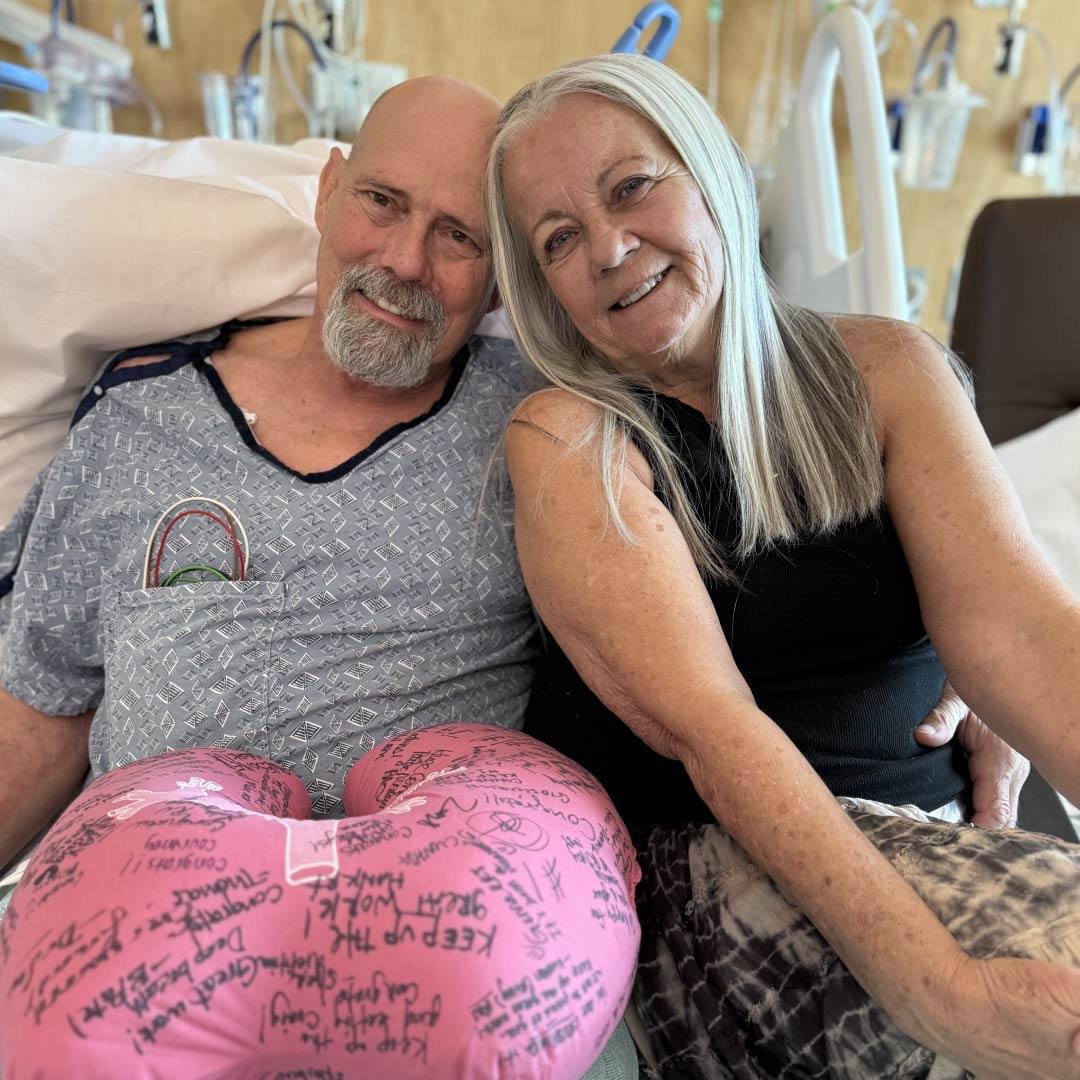-
Tablet Computers Acceptable for Reading EEG Results, Mayo Clinic Study Says
PHOENIX — Mayo Clinic physicians in Arizona have shown that tablet computers can be used to analyze electroencephalogram or EEG results outside of the clinic or hospital. Their study findings were recently presented at the American Academy of Neurology conference in San Diego.
"The fact that this gives doctors the ability to read EEG results from anywhere can only help patients in the long run," says Matthew Hoerth, M.D., a neurologist at Mayo Clinic in Arizona.
VIDEO ALERT:
Click here to hear Dr. Hoerth explain the study.
An EEG is a painless procedure that uses electrodes attached to a person's scalp to detect electrical activity in the brain. Brain cells are constantly communicating via electrical impulses, even when someone is asleep. This activity shows up as wavy lines on an EEG recording.
The objective was to determine whether a computer tablet is an acceptable alternative to the traditional laptop for remote EEG interpretation. The findings showed that the tablet cost significantly less and weighed less than the laptop and had a comparable screen resolution. The greatest disadvantage to the tablet compared to the laptop is screen size. Boot-up time was significantly longer for the laptop and desktop.
An EEG is one of the main diagnostic tests for epilepsy and may also play a role in diagnosing other brain disorders. The epilepsy division at Mayo Clinic in Arizona interprets EEGs for Mayo Clinic Hospital as well as three other institutions across Arizona, where they have remote access for interpretation to all locations.
"With high volumes of EEGs and multiple systems and facilities to read from, the efficiency of technology is essential to many physician practices," says Dr. Hoerth. "Despite the marginally smaller screen size, the ease of use, accessibility, and reliability make the tablet a viable option for its integration into the tele-EEG practice.







